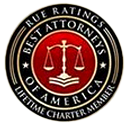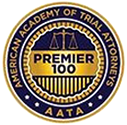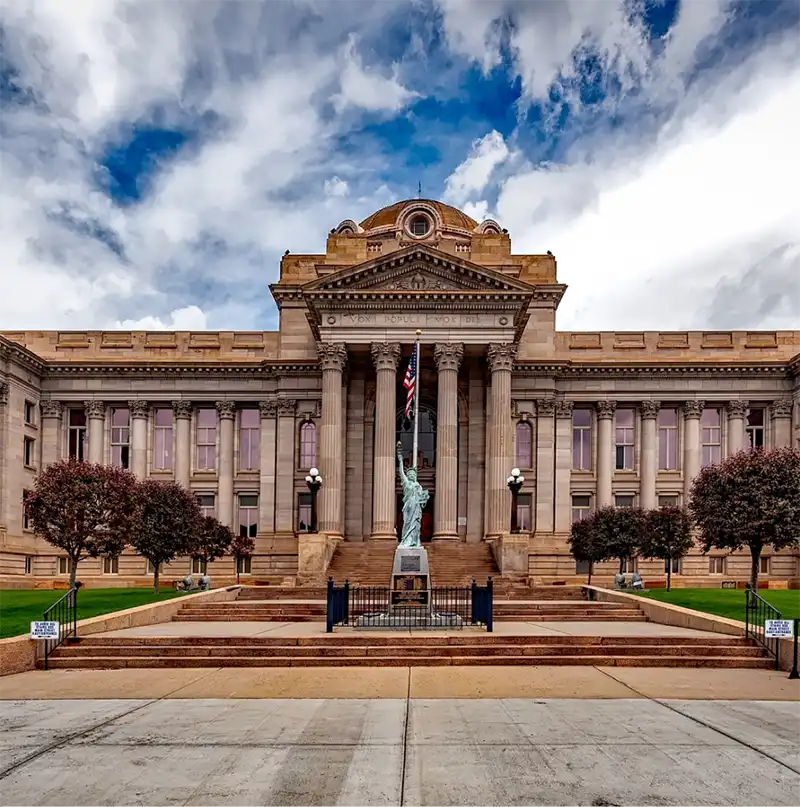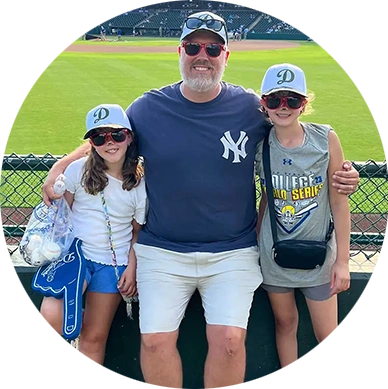Accidents involving Southeastern Pennsylvania Transportation Authority (SEPTA) vehicles happen frequently. Although taking a bus, subway, train, or trolley is generally considered a safe mode of transportation, passengers are injured and even killed in SEPTA accidents every year. When accident-related injuries are caused by negligence on the part of SEPTA, it should be held accountable for victims’ injuries and losses.
While it should be relatively easy for injured passengers to file a claim and collect financial compensation from SEPTA after accidents, SEPTA tends to make it difficult for passengers to obtain a monetary recovery. Although SEPTA is self-insured for accidents, it is technically owned by the Commonwealth, which is why there are a number of defenses limiting or negating its liability to injured passengers. Our experienced SEPTA accident attorneys can help you.
Top Three Defenses Used by SEPTA
In order to save money, there are several defenses SEPTA uses when trying to guard against claims. However, the three most frequently used defenses by SEPTA that injured victims should be aware of prior to pursuing claims for damages, include:
Pennsylvania’s Sovereign Immunity Act
Under this Act, an injured rider is prohibited from recovering money from SEPTA unless an exception to the Act applies. Pursuant to the state statute, SEPTA waives its right to invoke the sovereign immunity defense where its passengers suffer injury while the vehicle in which they are injured is in “operation.” What does operation mean? One could certainly argue that a SEPTA vehicle is in “operation” if the keys are in the ignition and the ignition is turned on, right? In fact, someone has made that argument, and it failed. Our state Supreme Court has repeatedly held that a stopped SEPTA vehicle is not in “operation,” even if the keys are in the ignition and the ignition is turned on. This even applies where the vehicle is stopped to let passengers on or off. This means that passengers who are injured when they step on or off a SEPTA vehicle won’t have a case against SEPTA, unless there is a dangerous condition that SEPTA has failed to repair, such as a damaged platform or train station.
Jerk and Jolt Doctrine
Many passengers are injured when the buses they are riding in stop suddenly; however, this jerk and jolt defense may prevent passengers who are injured in this manner from being compensated. This common defense used by SEPTA prohibits an injured passenger from recovering money from SEPTA unless the jerk or jolt that caused the injury was “extraordinary.” But the definition of “extraordinary,” of course, is open to interpretation. Our state Supreme Court has repeatedly held that “extraordinary” means uncommon and unexpected. The Supreme Court has also held that the jerk or jolt that caused the injury must have affected more passengers than just the injured person; however, there are exceptions to this rule too.
(Un)Common Carrier Defense
Common carriers, or those engaged in the business of carrying passengers for money (e.g., trolley companies, cab companies, etc.), have a greater responsibility to ensure their passengers safety than private individuals do. But because SEPTA is owned by the Commonwealth, it argues that it is not a common carrier and therefore does not owe its passengers anything more than just reasonable care. This uncommon carrier defense, as we like to call it, is nonsense and can easily be defeated with the right arguments.
Don’t Be Intimidated by SEPTA—We Can Help Even the Playing Field
Because injury claims can be expensive due to costly medical bills, lost income, and pain and suffering, SEPTA often fights claims with the defenses listed above. Additionally, SEPTA may attempt to settle cases with unfair monetary offers. While these defenses commonly used by SEPTA may sound intimidating to an injured person, they aren’t threatening to lawyers who know the laws and know how to use the right arguments.
If you are a victim of a bus accident, trolley accident, subway accident, or train accident, you should talk with an attorney. A lawyer who has experience in SEPTA claims will be familiar with the defenses and will know how to get you a fair settlement offer. Contact our experienced attorneys at Gibbons & Crichton today for a complimentary consultation at 215-274-0173, or reach out to us online via our contact form or live chat features.














